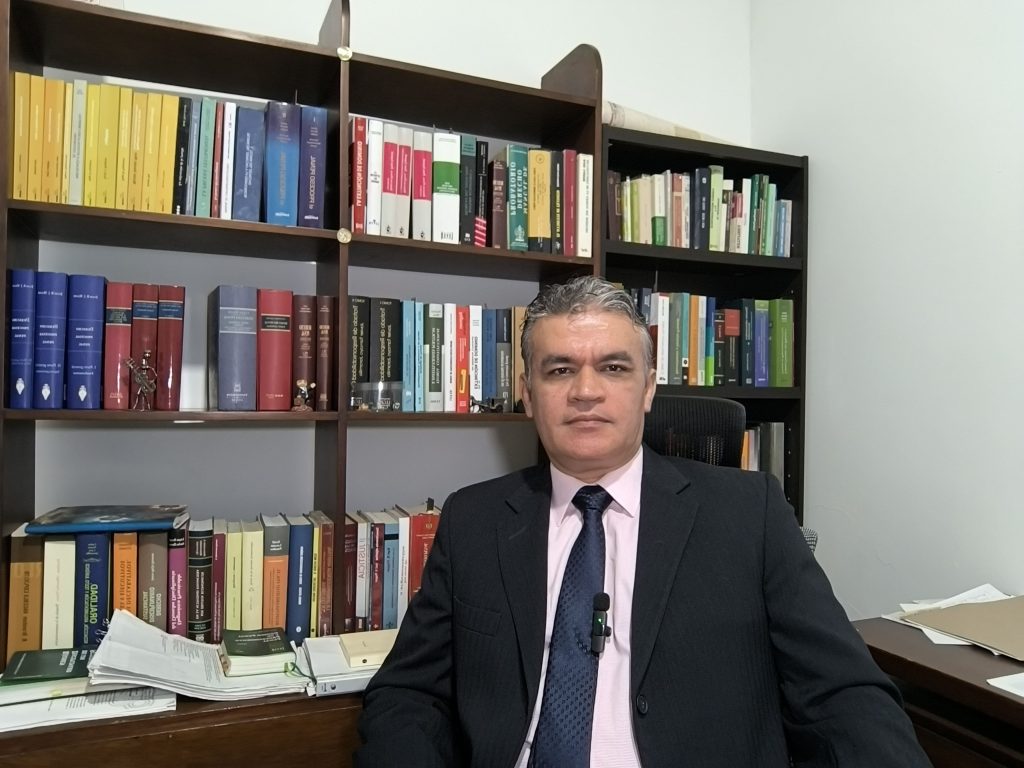
By: Jhon Fernando Robledo Vargas – Criminal Defense Attorney | Robledo Vargas Abogados
Criminal forfeiture has gained increasing importance within Colombia’s criminal justice system, particularly in the fight against organized crime, corruption, and unjust enrichment. Often misunderstood, this legal mechanism is one of the most effective tools for the State to strip criminals of their illicit gains and recover assets linked to illegal activities.
This article explores the legal framework of criminal forfeiture in Colombia, its nature, its scope, and key rulings from the courts that define its application.
1. What Is Criminal Forfeiture?
Forfeiture is a legal measure of a real and patrimonial nature, which involves the loss of ownership or rights over assets that are considered tools, proceeds, or means of a criminal offense. The aim is to remove from circulation assets associated—directly or indirectly—with crime.
Legal Basis
Criminal forfeiture in Colombia is primarily governed by the Colombian Penal Code (Law 599 of 2000) and the Code of Criminal Procedure (Law 906 of 2004):
- Article 83 of the Penal Code: «The judge may order the forfeiture of the instruments used to commit the offense and of the assets derived from its execution, except for the rights of third parties acting in good faith.»
- Article 94 of Law 906 of 2004: «The judgment shall order the forfeiture of assets that are the instrument, object, or proceeds of the offense.»
Furthermore, under the Accusatory Criminal System, forfeiture can be ordered even as a precautionary measure, anticipating a final judgment.
2. What Assets Can Be Subject to Forfeiture?
Forfeiture may apply to:
- Instruments of the offense (e.g., a weapon or a vehicle used in a crime).
- Proceeds of the offense (e.g., cash obtained through extortion).
- Assets acquired with illicit funds, even if not directly tied to the investigated crime.
- In some cases, even third-party assets can be forfeited if the party cannot prove good faith and due diligence.
3. Legal Nature of Forfeiture
According to Colombian jurisprudence, forfeiture is not a criminal penalty, but rather a legal consequence of the offense. Thus, it does not always require a prior conviction and can even be imposed in abbreviated or terminated criminal proceedings, or in connection with criminal asset extinction.
Key Case Law
🔹 Ruling SP1732-2021, Supreme Court of Justice (File No. 52615):
«Forfeiture should not be viewed as an accessory criminal sanction, but as a procedural consequence resulting from the determination of an asset’s illicit origin, which may be ordered even in the absence of a conviction.»
🔹 Ruling C-286 of 2017, Constitutional Court:
«Criminal forfeiture serves legitimate constitutional goals such as the fight against organized crime, protection of the public interest, and the promotion of public morality.»
4. What About the Rights of Third Parties?
Colombian law provides protection for third parties acting in good faith, as set forth in Article 83 of the Penal Code. If an asset belongs to someone who was not aware of the criminal activity and did not participate in it, it cannot be forfeited.
The courts require that the third party prove good faith without fault, and demonstrate title and fair value, particularly when the asset was purchased from a person under investigation or conviction.
5. Forfeiture Without Conviction: A New Trend
A growing development in Colombian criminal law is forfeiture without a conviction, applicable when the accused is deceased, has fled, or cannot be prosecuted, but there is clear evidence the assets stem from criminal activity.
The Supreme Court has recognized this possibility:
🔹 Ruling SP-4373-2020 (File No. 52439):
«Forfeiture without conviction, when carried out with proper procedural safeguards, is legitimate, as the State cannot allow assets of illicit origin to remain in legal circulation.»
Conclusion
Criminal forfeiture in Colombia is a measure of restorative and deterrent justice, allowing the State to neutralize criminal profits and recover assets for the benefit of society. It is not a punitive sanction, but a legal tool to protect the legal and economic order.
At Robledo Vargas Abogados, we offer expert representation in the defense of property rights in forfeiture proceedings, as well as in supporting victims and government entities in recovering illicit assets.
📞 Do you have questions about a forfeiture case or need strategic criminal defense?
Contact Robledo Vargas Abogados. We are here to protect your freedom and your assets.
Jhon Fernando Robledo Vargas
Criminal Defense Attorney & Legal Consultant
Robledo Vargas Abogados – Comprehensive Criminal Defense
CriminalForfeiture
AssetRecovery
CriminalLawColombia
DefenseAttorney
IllicitAssets
ForfeitureWithoutConviction
ThirdPartyRights
CriminalJustice
ColombianLaw
JhonFernandoRobledo
RobledoVargasAbogados
LegalConsultingColombia
Read in spanish too this article at next link:

